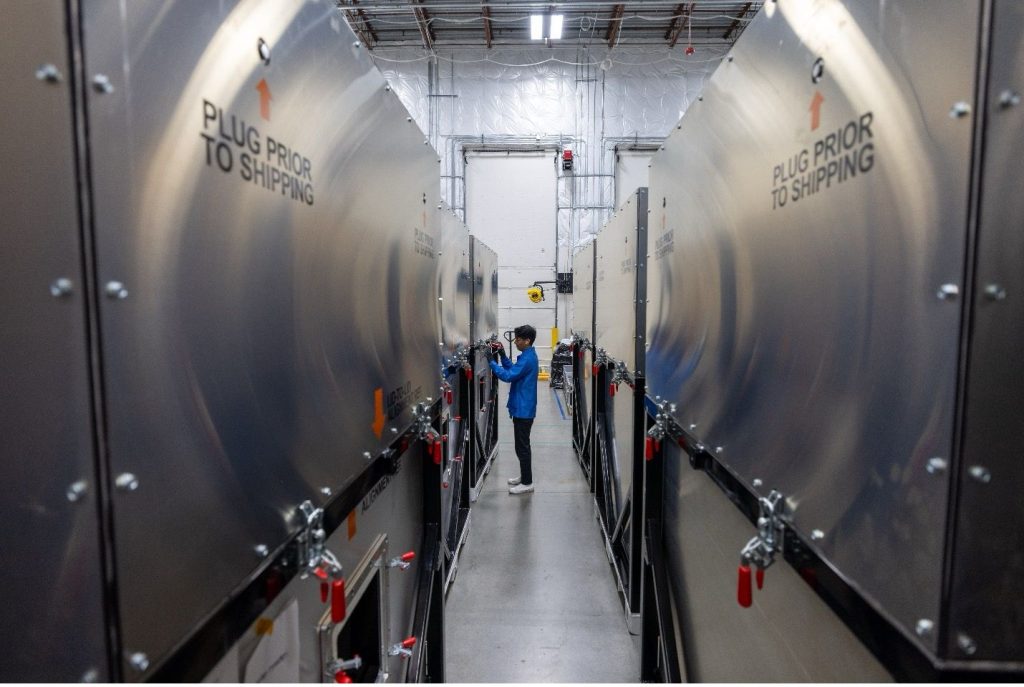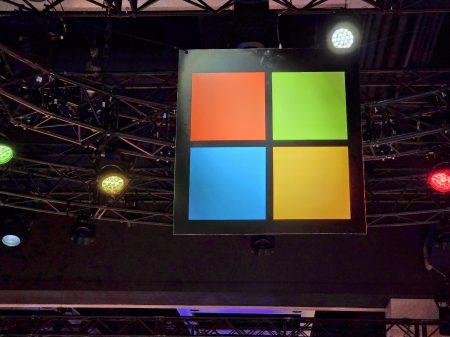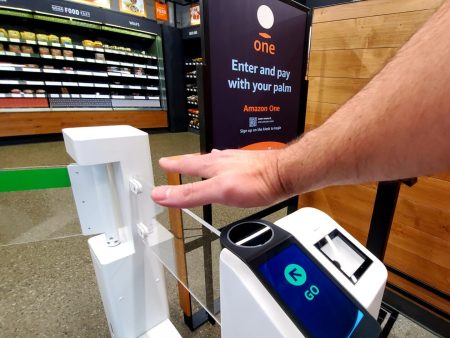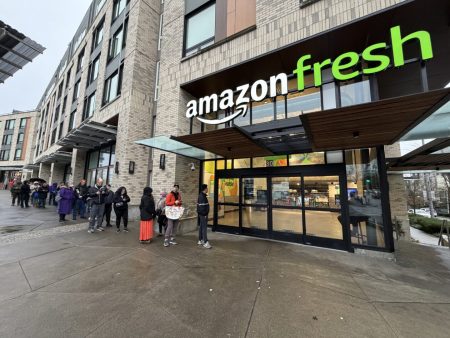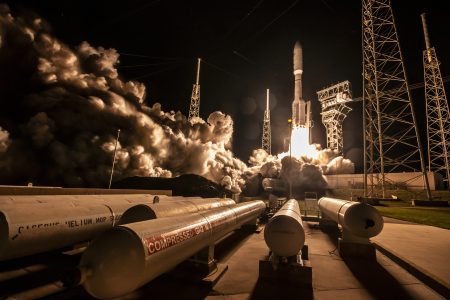Project Kuiper: Amazon’s Ambitious Foray into Satellite Broadband
Amazon is steadily progressing towards the launch of its ambitious Project Kuiper, a satellite-based broadband internet service designed to connect millions of underserved individuals across the globe. Recent updates reveal the company’s ongoing efforts to transport the initial batch of production-ready satellites from their manufacturing facility in Kirkland, Washington, to Cape Canaveral Space Force Station in Florida for their imminent launch. While Amazon has remained tight-lipped about the specifics of the satellites’ design for proprietary reasons, the shared images of their transport containers offer a glimpse into the behind-the-scenes logistics of this complex undertaking.
The upcoming launch, scheduled within the next few months aboard a United Launch Alliance Atlas V rocket, signifies a pivotal moment for Project Kuiper, following the successful deployment and testing of two prototype satellites in October 2023. This launch will mark the beginning of a phased deployment of a constellation comprising 3,232 satellites, with half of them mandated to be in orbit by mid-2026, as per the licensing agreement with the Federal Communications Commission (FCC). The ambitious scale of Project Kuiper aims to provide robust competition to SpaceX’s Starlink network, the current frontrunner in the satellite broadband arena. Amazon’s target is to commence rolling out Project Kuiper services to customers by the end of this year, setting the stage for a transformative era in global internet connectivity.
Project Kuiper represents a significant investment in advanced satellite technology. Rajeev Badyal, Amazon’s Vice President of Technology for Project Kuiper, emphasized the cutting-edge nature of the satellites, highlighting features such as Ka-band phased array antennas, active propulsion systems, and high-throughput 100 Gbps laser links. These technological advancements are poised to deliver high-speed internet access to customers, potentially revolutionizing how people connect and access information globally, especially in underserved regions. The satellite’s sophisticated design and advanced components underscore Amazon’s commitment to delivering a high-quality broadband experience.
The development and deployment of Project Kuiper signify more than just a technological feat; they represent a significant effort to bridge the digital divide. Panos Panay, Amazon’s Senior Vice President for Devices and Services, articulated this vision, highlighting the project’s aim to empower millions with internet access, creating opportunities for education, economic development, and social connection. The potential impact of this initiative is particularly significant for remote and underserved communities where traditional terrestrial internet infrastructure is either unavailable or prohibitively expensive. Project Kuiper’s global reach promises to democratize access to information and connect individuals in ways previously unimaginable.
The phased rollout of Project Kuiper will be crucial in establishing its presence in the competitive satellite broadband market. With Starlink already boasting a substantial subscriber base, Amazon will need to leverage its technological innovations and extensive logistical network to capture a significant market share. The initial phase of service deployment will likely focus on demonstrating the capabilities of the network and attracting early adopters. As the constellation grows and more satellites come online, Project Kuiper’s coverage and capacity will expand, potentially reaching a wider audience and solidifying its position as a major player in the industry.
The successful execution of Project Kuiper holds the potential to transform the landscape of global internet access. By providing high-speed broadband connectivity to underserved populations, it can empower communities and individuals, fostering economic growth and social progress. The project’s success will depend on factors such as achieving timely deployment milestones, managing the complex logistics of satellite manufacturing and launch, and offering competitive pricing and service quality to attract customers. While challenges undoubtedly lie ahead, Amazon’s commitment and investment in Project Kuiper signal a significant step towards realizing the vision of a truly connected world.





